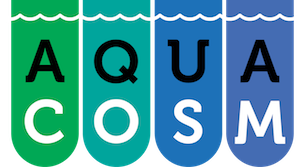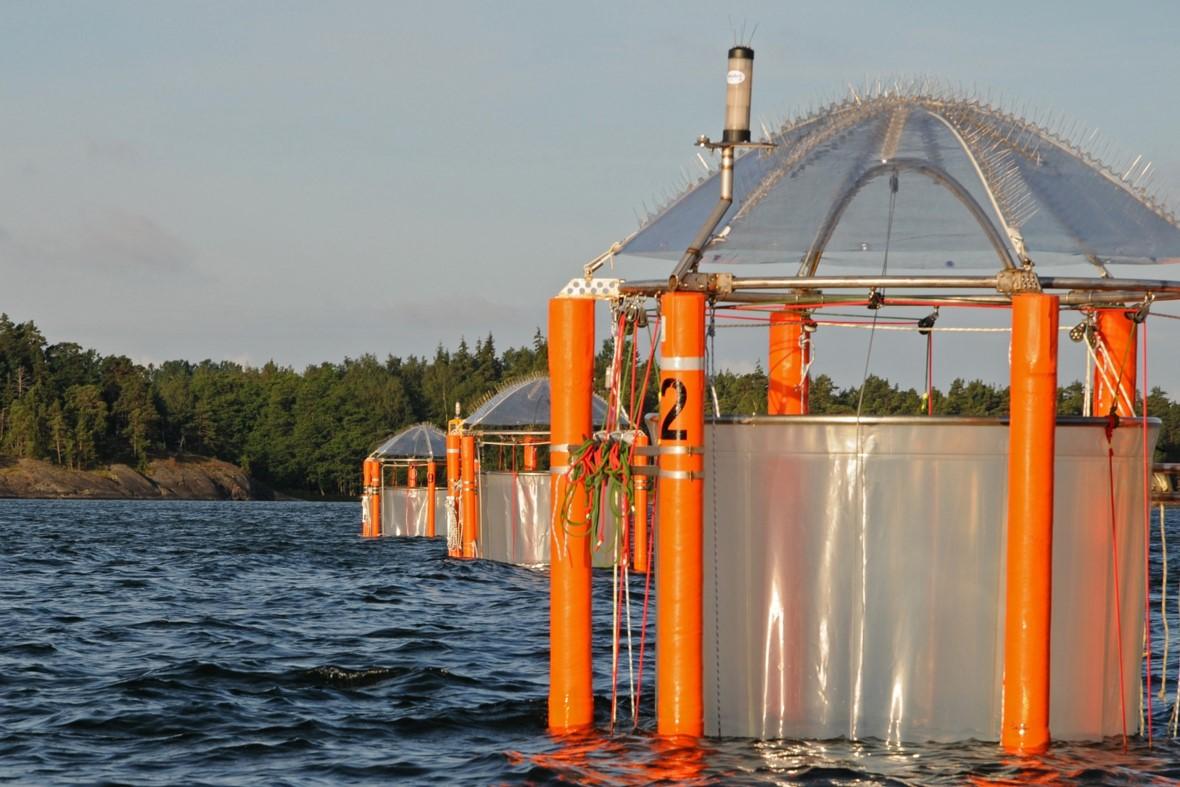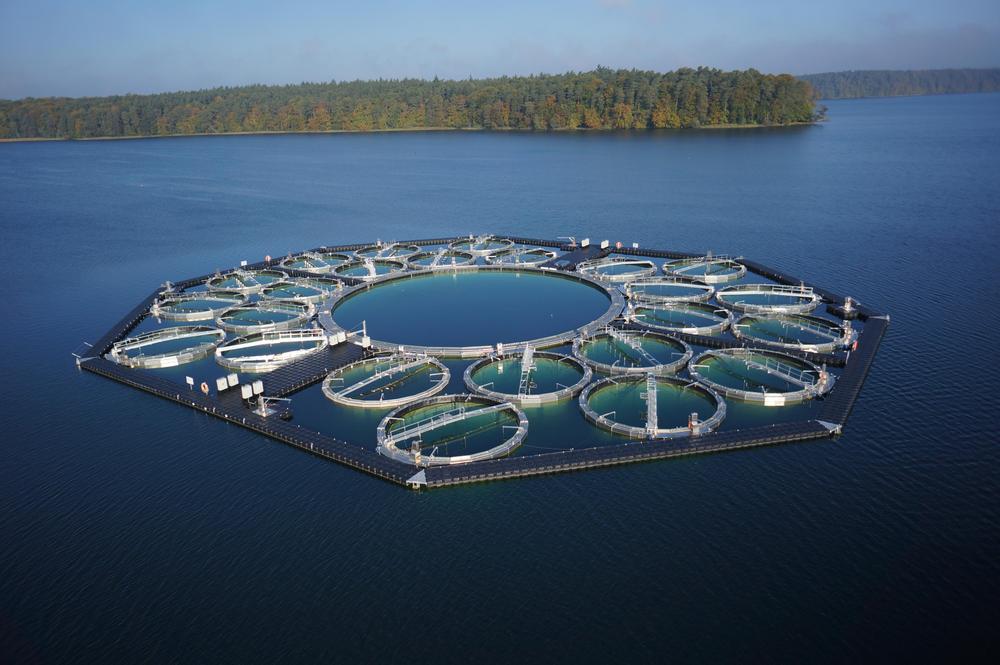AQUACOSM network connects experimental research in European waters
3.5.2017

Lakes, rivers, estuaries and oceans are closely connected. Despite this, aquatic research is still divided in marine and freshwater sciences. Now scientists from 19 leading research institutes and universities and two enterprises from 12 countries across Europe aim to change this and have joined forces in the project “AQUACOSM - Network of Leading European AQUAtic MesoCOSM Facilities Connecting Mountains to Oceans from the Arctic to the Mediterranean”. The network will perform the first systematic large-scale experiments in both freshwater and marine ecosystems.
The project is coordinated and led by Leibniz-Institute of Freshwater Ecology and Inland Fisheries (IGB), Germany. FINMARI partners are SYKE and University of Helsinki (Tvärminne).
"For more than 100 years, inland water and marine research have largely developed in parallel to each other. Now it's time to reunite both", says IGB researcher Jens Nejstgaard, who leads the new EU project. In AQUACOSM, scientists from both disciplines are building an integrated, international network of experimental infrastructures. Their aim is to significantly improve the quality of experimental data for all types of water. "We want to better coordinate international large-scale experimental research projects, develop good practices together, and open up the freshwater and marine mesocosm research infrastructures for a broader international, interdisciplinary collaboration", says Jens Nejstgaard.
Mesocosms are containers in which large volumes (1-1000 m3) of water including the natural organisms is experimentally enclosed and manipulated. In this way, effects of individual and combined stress factors can be tested on entire ecosystems over weeks to years.
Within the project AQUACOSM, researchers will examine how different aquatic ecosystems react to environmental impacts caused by global climate change and the increasing pressure by the growing world population. "The impact of these stress factors can vary widely within different ecosystems and seasons", emphasizes Nejstgaard. Therefore they have to be investigated in different climatic and geographic regions, using comparable mesocosm experiments and measurement methods.
AQUACOSM offers the necessary research infrastructures to do experimental research in a range of different European water types, in climatic and geographic zones stretching from the Arctic to the Mediterranean. The experimental infrastructures of the 21 partner institutions include, for example, tank systems and flow channels on land, such as in Lunz am See (Austria) and large free-floating open-ocean facilities such as The Kiel Offshore Mesocosms (KOSMOS). The IGB-LakeLab in Lake Stechlin also set a new benchmark in experimental freshwater research with its unique dimension (24 mesocosms with 1,270 m3 each).
Launched in January 2017, the AQUACOSM project runs until December 2020 and is unique in size and approach. It is supported by the European Union H2020-INFRAIA Project No. 731065 with a budget of 10 million €. The Finnish partners receive 1.1 million € funding.
Further information is available at www.aquacosm.eu
AQUACOSM Contact Persons:
Dr. Jens C Nejstgaard
Project Leader/Coordinator
Leibniz-Institute of Freshwater Ecology and Inland Fisheries (IGB)
Nejstgaard@igb-berlin.de
Tel: +49 33082 699 40
Dr. Stella A Berger
Transnational Access Coordinator
Leibniz-Institute of Freshwater Ecology and Inland Fisheries (IGB)
Berger@igb-berlin.de
Tel: +49 33082 699 41
Dr. Paraskevi Pitta
Dissemination Coordinator
Hellenic Center for Marine Research, HCMR, Greece
Vpitta@hcmr.gr
Tel: +30 2810 337829
Finnish partnership contact persons:
Research Prof. Timo Tamminen (SYKE Marine Research Centre)
Director Marko Reinikainen (Tvärminne Zoological Station, University of Helsinki)

